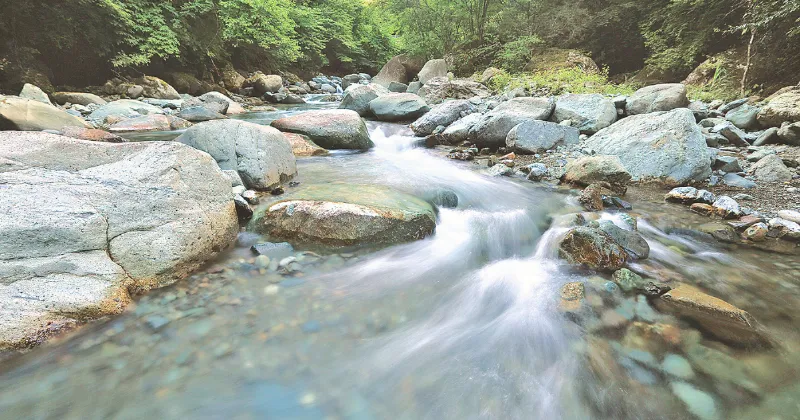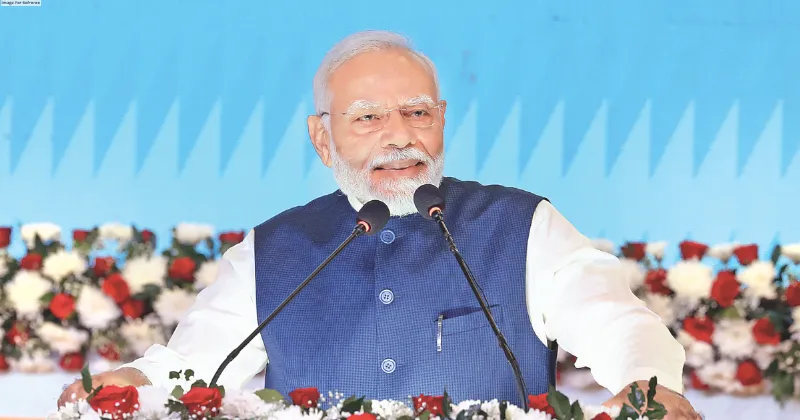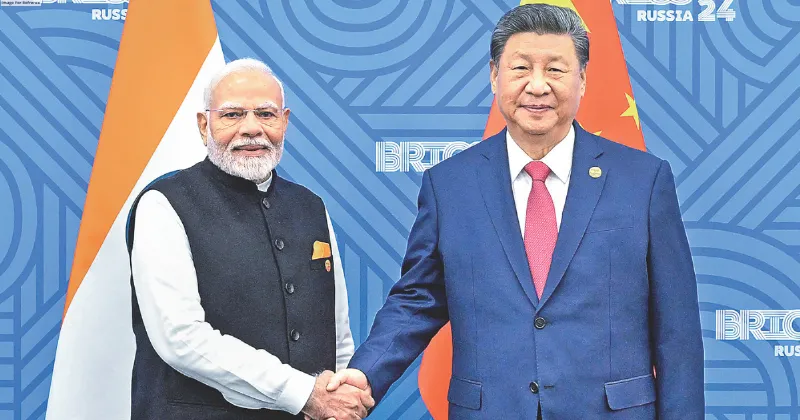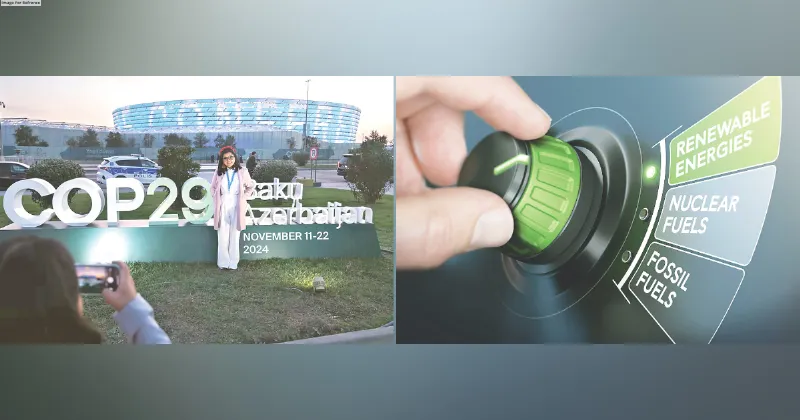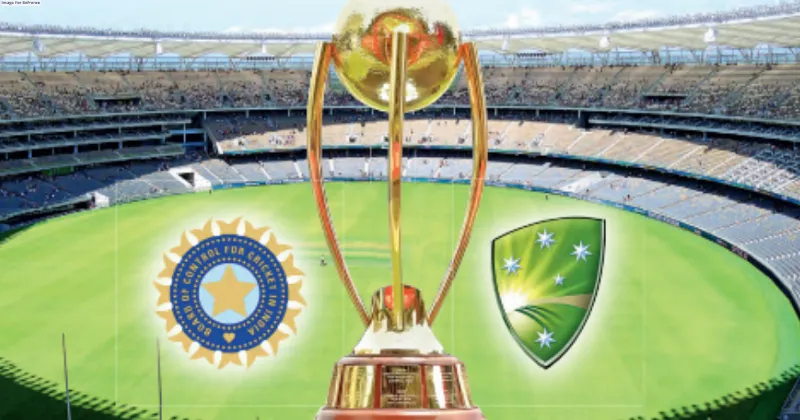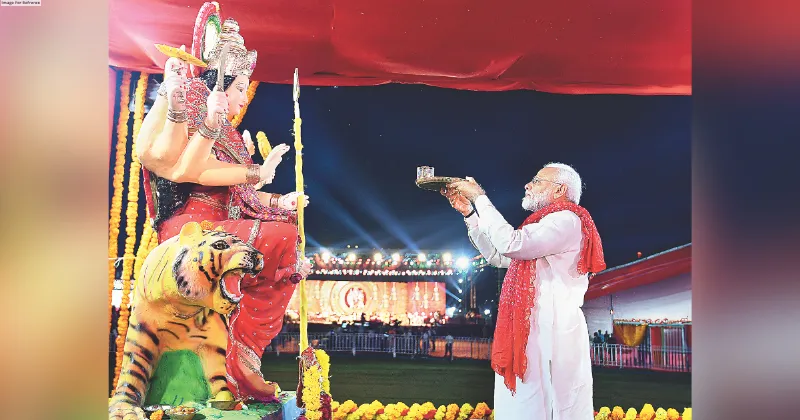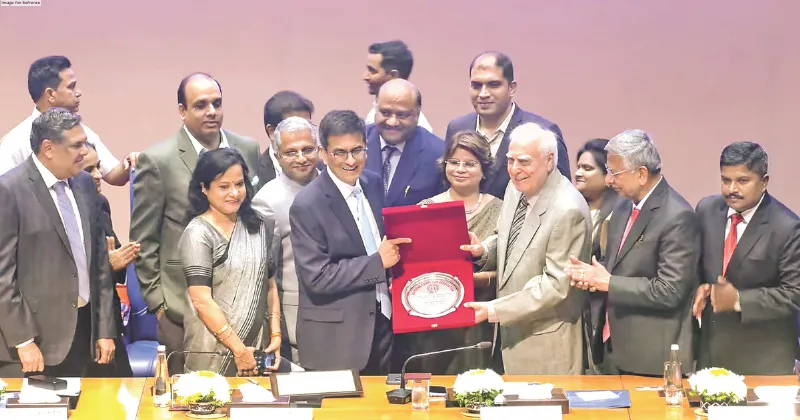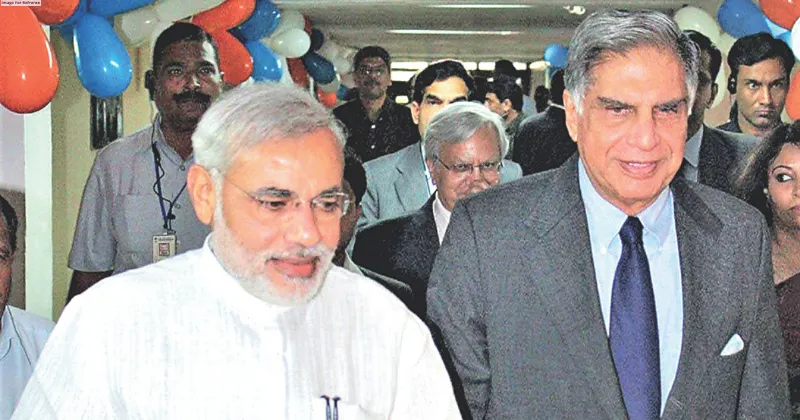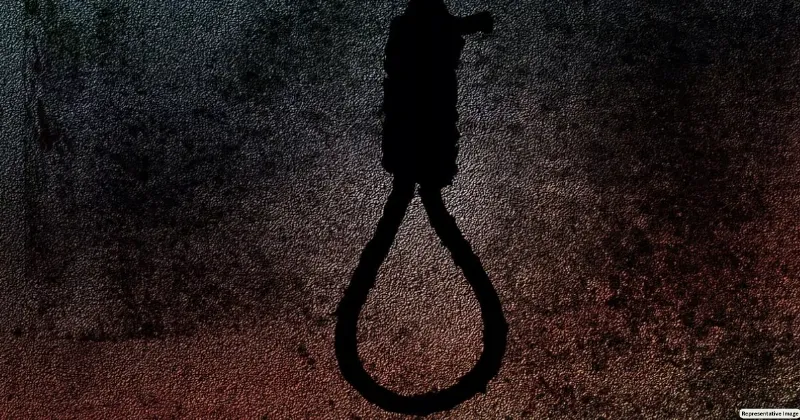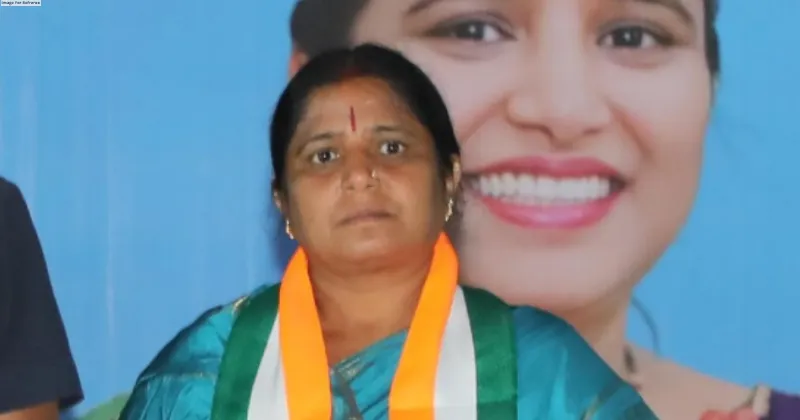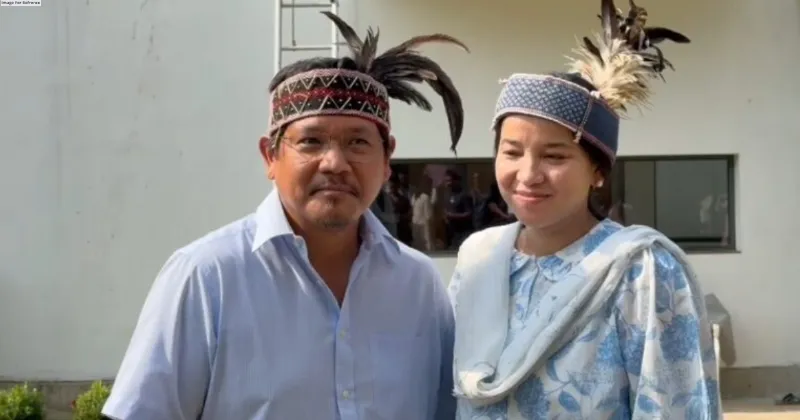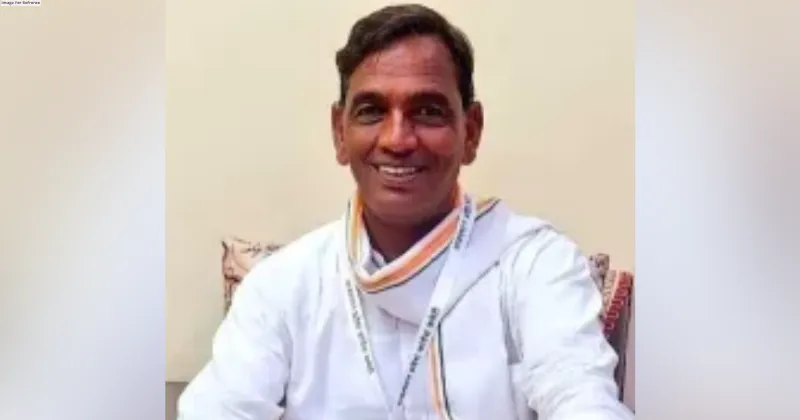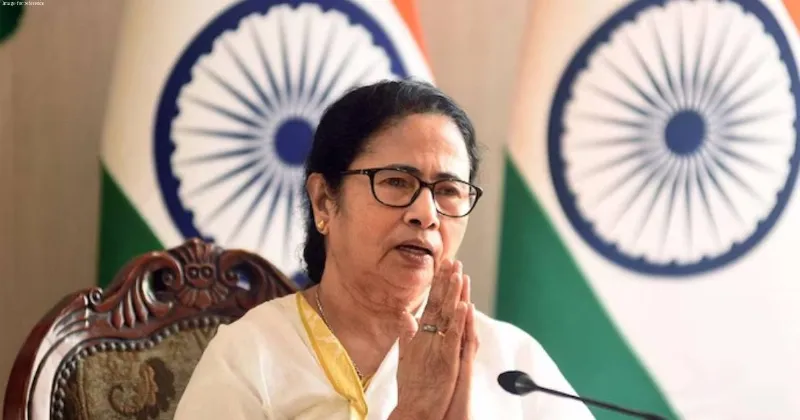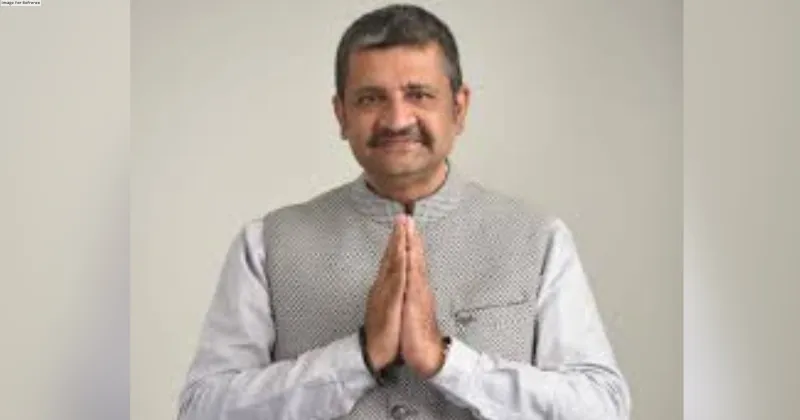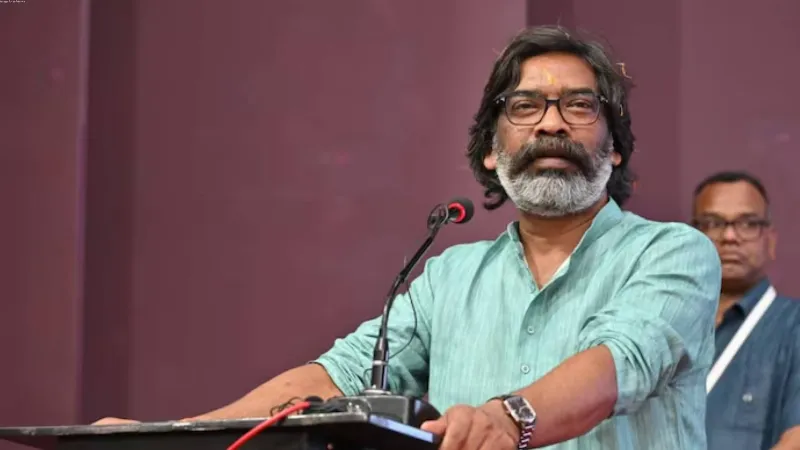Latest News
CHINA–TAIWAN CONFLICT INDIA’S OPTIONS & OPPORTUNITIES

The position of the People’s Republic of China (PRC) is that the Republic of China (ROC) ceased to be a legitimate government upon the founding of the former on 1 October 1949 and that the PRC is the sole legitimate government of China, with the right to rule Taiwan. The PRC still maintains that “there is only one China in the world” and “Taiwan is an inalienable part of China”. The ROC argues that it maintains all the characteristics of a state and that it was not “replaced” or “succeeded” by the PRC because it has continued to exist long after the PRC’s founding. Resolution 2758 passed by the UN General Assembly on 25 October 1971, restored all rights of PRC and legitimised its government as sole representatives of China to the UNO. The ROC maintains formal diplomatic relations only with 12 UN member states, but has unofficial economic and cultural relations with almost all other countries. India recognises ‘one China policy’ but maintains strong economic and cultural relations with Taiwan. The possibility of war, the close geographic proximity of Taiwan and mainland China, and the resulting flare-ups that occur every few years, make this one of the most watched focal points in the Pacific.
The current flare can be attributed to series of events like re-election of President Tsai Ing-wen, a pro- independence politician in 2020 Taiwan elections, declaration of America’s “rock solid” commitment to Taiwan by US President Biden, visit of Speaker of the United States House of Representatives Nancy Pelosi to demonstrate American “solidarity” with Taiwan, and finally recent visit of Taiwan President to the US and meeting the current House Speaker Kevin McCarthy who stressed the need to accelerate arms deliveries to Taiwan in the face of rising threats from China. All these events were reciprocated by Chinese hostile responses like - launching missile strikes on targets in the seas around Taiwan and imposing restrictions on the import of the island’s food brands, Chinese jets flying in Taiwan’s airspace and a naval exercise in close proximity of Taiwan maritime boundary and finally a combat exercise of three days in first week of Apr 2023 which involved simulating the “seal off ” of the island and declaration of China’s military its readiness to fight any attempts to achieve Taiwan’s ‘independence’ or any interference by foreign forces. Despite strong US backing, the Chinese President Xi Jinping warned that China would “smash” any Taiwanese move towards independence.
IMPACT ON INDIAN INTERESTS
Any venture by China to reunite Taiwan with mainland is likely to have repercussions for all the countries including India. India’s trade through the South China Sea (SCS) stands at nearly 55 per cent of its total trade with the Indo-Pacific region is likely to be disrupted. Furthermore, India’s trade with Taiwan (which has been on the rise for the past few years), China (its second-largest trading partner), East Asia, and some Southeast Asian countries is also likely to be severely impacted. The conflict may well create economic war provoking situation in Asia.
The conflict has strategic implications as India being a member of the US led QUAD is expected to support its partners in maintaining peace in Indo Pacific region and the probability of escalation of hostilities on Sino Indian border run very high. Since the stakes for India are high, such a scenario merits an intense discussion on the country’s military, diplomatic, and economic response - something that has been missing from Indian policy discourse.
INDIA’S OPPORTUNITIES AND OPTIONS
In case of any cross - strait conflict India’s military response may be limited to assisting QUAD partners by its experience and intelligence in tackling the PLA’s ‘integrated joint operations.’
India could offer its safer mainland to the US for refuelling aircrafts and granting the US access to its Andaman and Nicobar Island bases and blocking China’s energy supplies passing through the Malacca Strait. But such steps present high risks for India as it may expose India to an eventual Chinese response on the Sino- Indian border at a time and place of their choosing.
It may be difficult for India to stay completely out of any military fray over Taiwan even if it means escalation by the Chinese along the Line of Actual Control (LAC). India must take advantage of China’s involvement in the Taiwan Strait to change the existing status quo on the LAC or explore options to fight China in multiple theatres.
In the past, India has refrained from criticising China’s actions, but that has not really been reciprocated positively by them. India must engage in selective diplomatic and economic activities in world fora by condemning any Chinese aggression.
On the economic front, sanctions with the current negative trade balance between China and India would hurt the latter much more and its unlikely India may be supporting such an action.
India could play a proactive role in augmenting Taiwan’s capabilities by information sharing and secretly training Taiwanese armed forces personnel in specific operations.
India gave a befitting reply to Chinese aggression in Galwan and Tawang and has greatly increased the confidence of the country to show “Dragon eyes” across its extended neighbourhood and beyond. Prime Minister Modi’s framework articulates India projecting itself project as an independent power across Asia. The 2020s offer an opportunity to renew India’s economic and military foundations and stabilise the subcontinent while the major powers are embroiled in their distant confrontations.
India is following the policy of “containing and engaging China simultaneously.” While remaining ready to stabilise ties to avoid conflict she is also ready to join a global effort to contain Chinese expansionism. In the evolving situation it is the USIndia relationship of which both China and Pakistan are wary that remains the most significant since India is in the strongest position to assist the US in maintaining balance of power in the region.
THE VIEWS EXPRESSED BY THE AUTHOR ARE PERSONAL
COL RAJESH BHUKAR The writer is a Post Graduate in International Studies, Alumni of Defence Services Staff College, Wellington and College of Combat, Mhow [email protected]

